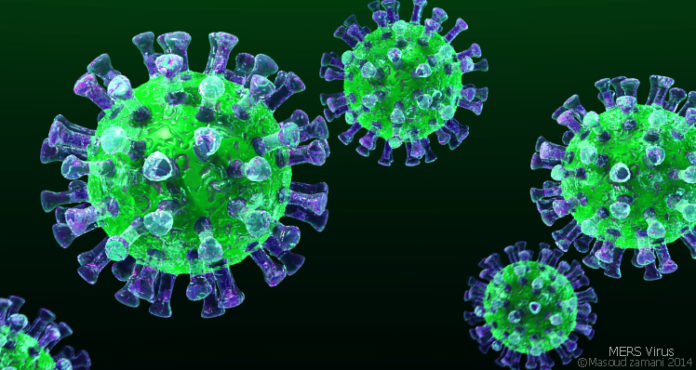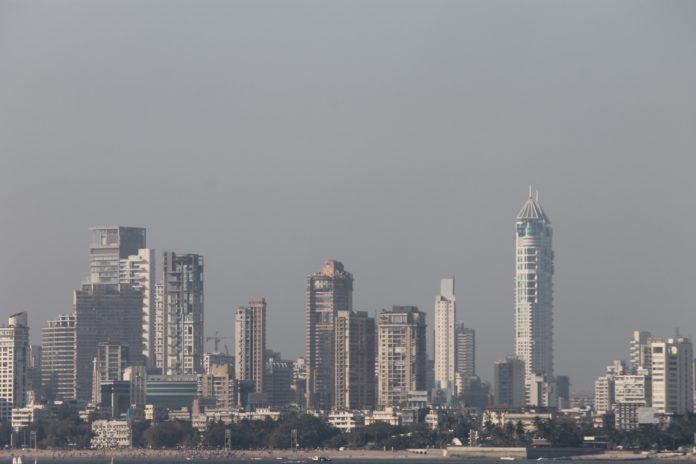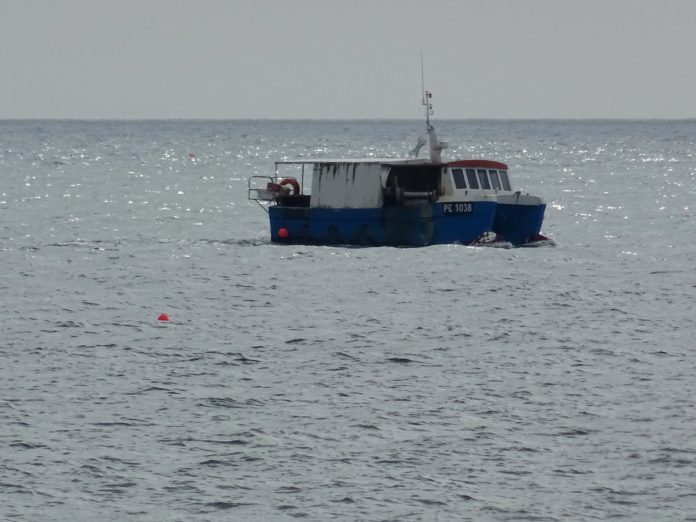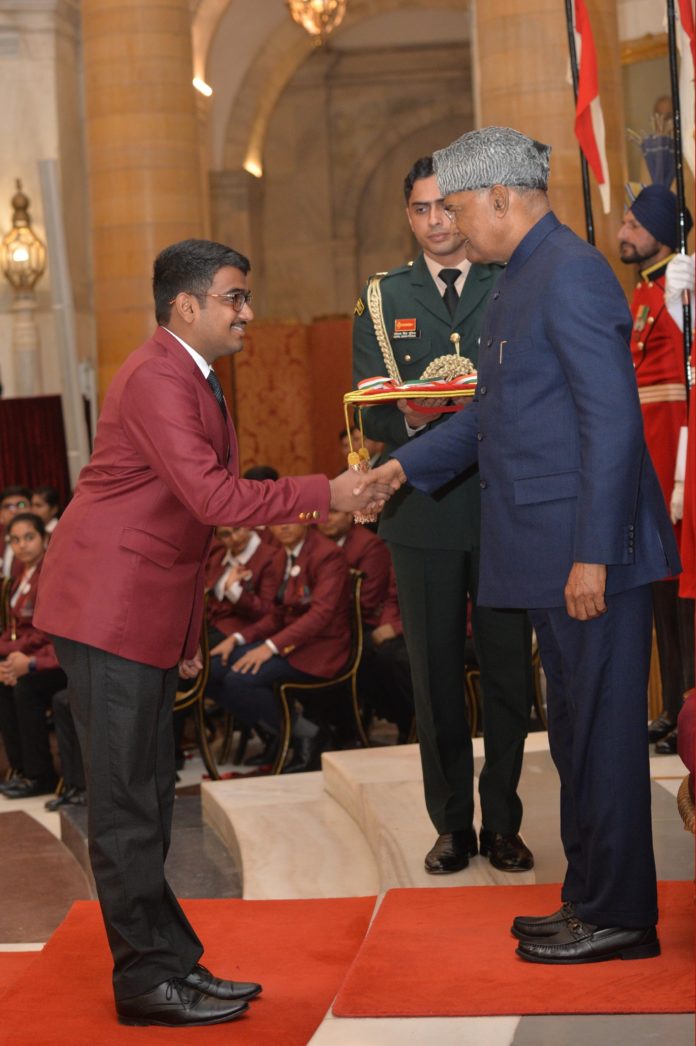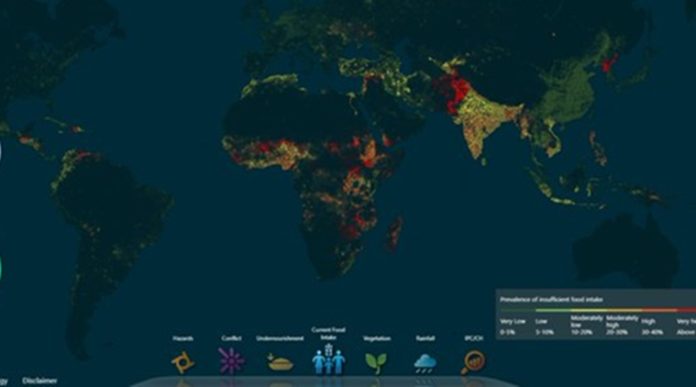New Delhi (NVI): A total of 43 flights and 9,156 passengers were screened for novel coronavirus till Tuesday at seven identified airports including Delhi, Mumbai, Chennai and Kolkata, Union Health Secretary Preeti Sudan said on Wednesday.
Till now, no cases have been detected through these screening efforts, Sudan said. She further said the Indian Embassy in China has been regularly providing the health ministry with updates on the status of the infected cases in that country.
“We are on alert & our preparedness is sturdy”. This was stated by Preeti while updating on the preparedness measures taken by the Ministry on novel Coronavirus (nCoV) reported in China.She also stated that passengers travelling from China are being requested to report to the nearest public health facility in case they feel any symptoms.
As part of the measures taken by the Ministries of Health & Family Welfare, and Civil Aviation, a travel advisory has been issued and posted on the Health Ministry’s website. It has also been shared on Twitter handle for wider circulation.
Health Ministry has instructed Airport Health Organizations at Delhi, Mumbai, Kolkata, Chennai, Bangalore, Hyderabad and Cochin for screening of passengers coming from mainland China at these seven international airports. Signages have been put up at prominent locations in these airports for encouraging public about self-reporting of illness.
The Health Ministry is constantly reviewing the evolving scenario and is working closely with Ministry of Civil Aviation, Ministry of External Affairs, Department of Health Research and the Indian Embassy in China.
WHO is being consulted for updates on technical inputs. Series of meetings have been taken to review the evolving scenario, preparedness in terms of disease surveillance, laboratory support infection prevention & control, logistics, risk communication and in particular, hospital preparedness and need for coordination and collaboration with other Ministries.
Integrated Disease Surveillance Programme has issued advisory to all States/UTs to pick up any travel related case reported in the community and follow up contacts of suspect/confirmed cases.
National Institute of Virology, Pune is fully geared up to test samples of the virus. Ten other laboratories under Indian Council of Medical Research’s Viral Research and Diagnostics Laboratories network are also equipped to test such samples, if a need arises. Adequate stock of Personal Protection Equipment is being maintained by Medical Stores Organization.

